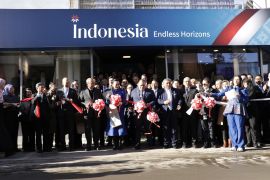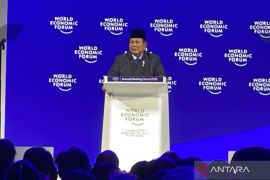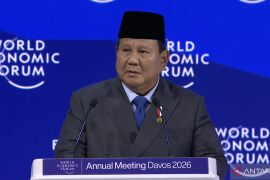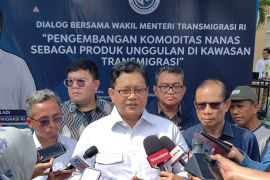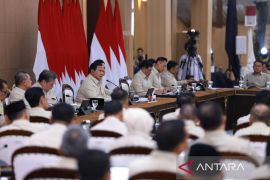"The 2022 target is set at 5.2 percent, while the first-quarter achievement is 5.01 percent. Hence, the likelihood of achieving the target is quite high. When compared to the 2015-2021 period, we have never reached the target," she stated during an online discussion in Jakarta, Wednesday.
Pujarama remarked that economic growth in the first quarter of 2022 was clocked at 5.01 percent, and almost all business sectors had experienced growth and recovery.
Business fields experiencing growth, include mining and quarrying, processing industry, electricity and gas industry, construction, transportation and warehousing, as well as financial services and real estate.
Only four business sectors experienced a decline in growth as compared to the first quarter of 2021: information and communication, education services, as well as agriculture, forestry and fisheries as well as water supply, waste management, waste and recycling.
Related news: Indonesia's economy grows 5% in Q1, surpassing US, China
However, Annisa emphasized that the government should accelerate and overcome economic challenges, such as inflation, in the next quarter.
The researcher explained that global inflation could affect Indonesia through trade, as several of the raw materials for the domestic processing industry were still imported.
"Hence, it will affect our industry," she remarked.
Moreover, the challenge from the domestic side, in the form of prices regulated by the government or rising administered prices, such as fuel oil (BBM), specifically Pertamax, will also affect economic growth.
The increase in energy prices will mainly affect the costs for the processing industry, such as an increase in the production costs and distribution costs.
Moreover, the government's plan to increase the basic electricity tariff (TDL) will erode the people's purchasing power, so it will affect economic growth in future.
"The government should regulate properly regarding the increase in fuel and electricity prices," she emphasized.
Related news: Economy grows in tandem with increased public mobility: BPS
Related news: Government's strategies contribute to maintaining economic growth
Translator: Astrid F, Azis Kurmala
Editor: Suharto
Copyright © ANTARA 2022

